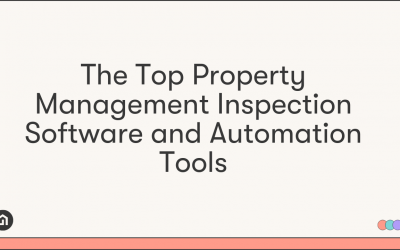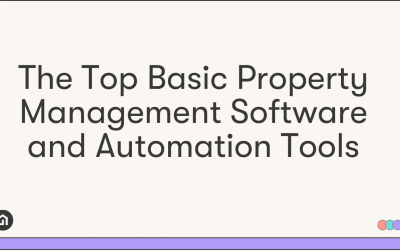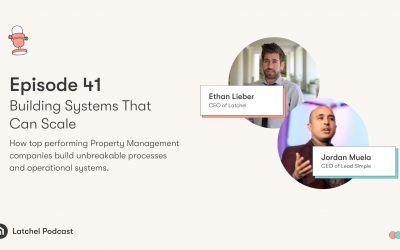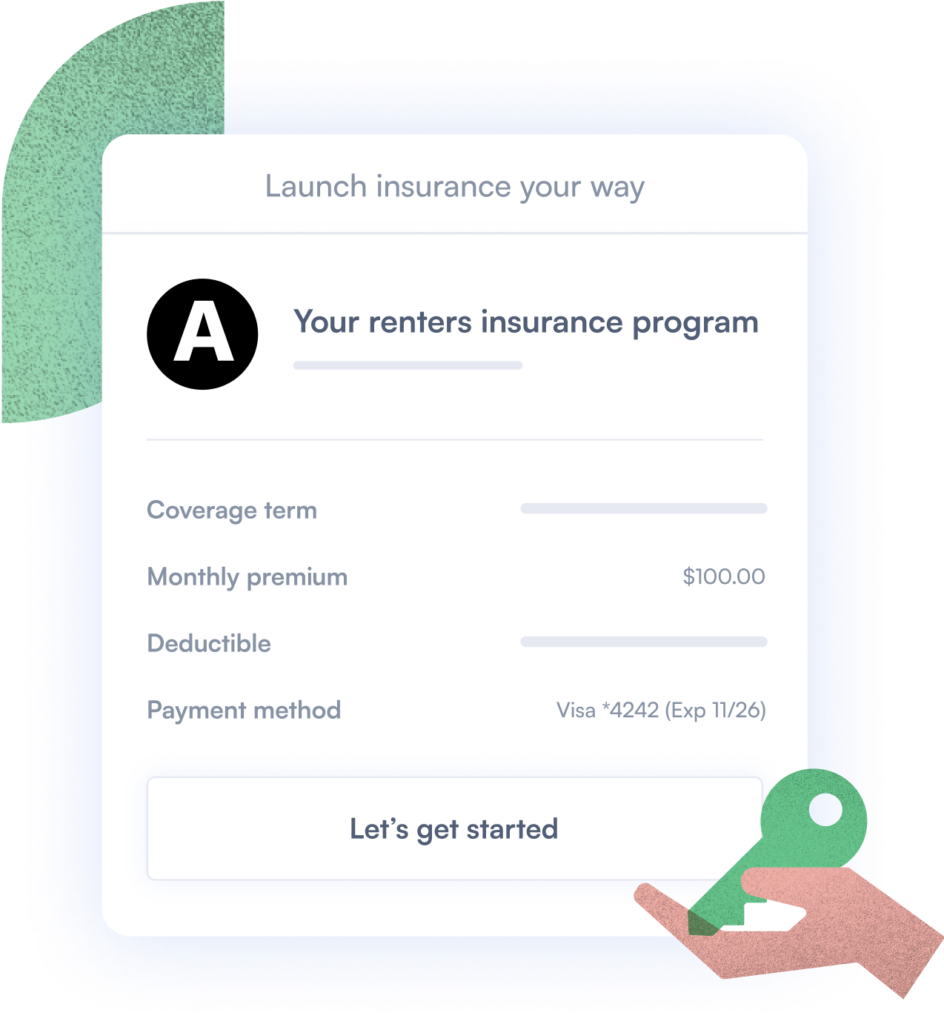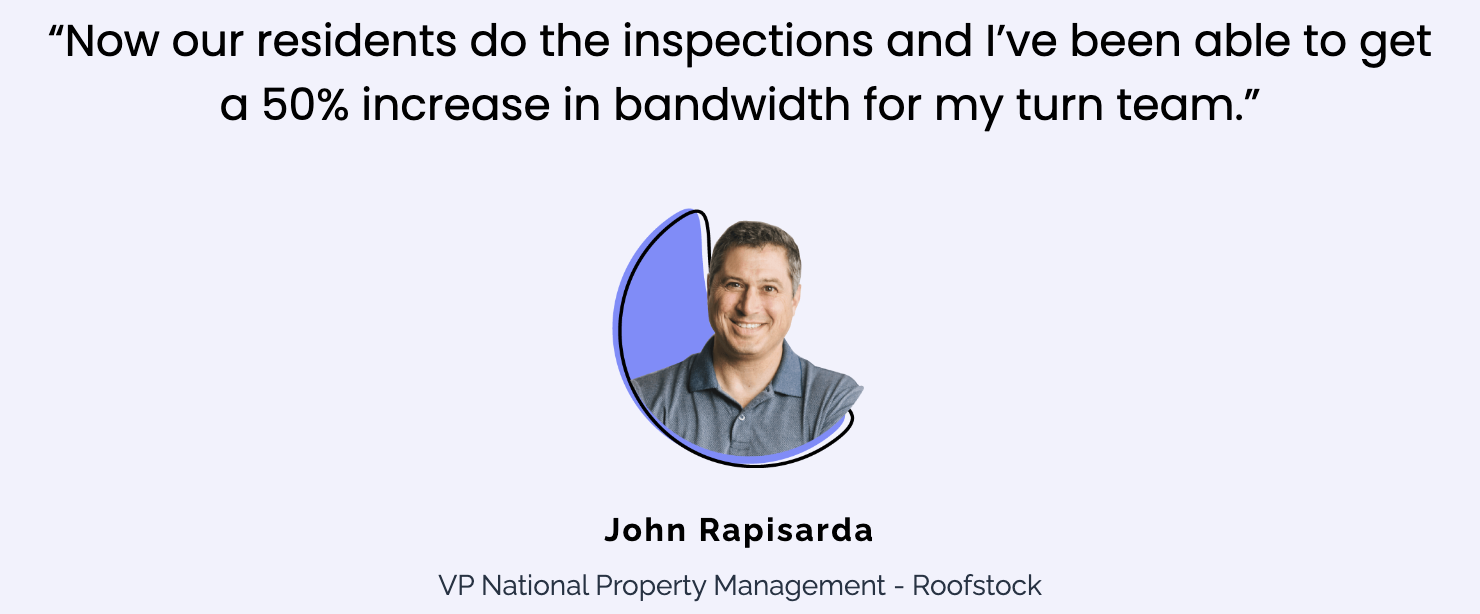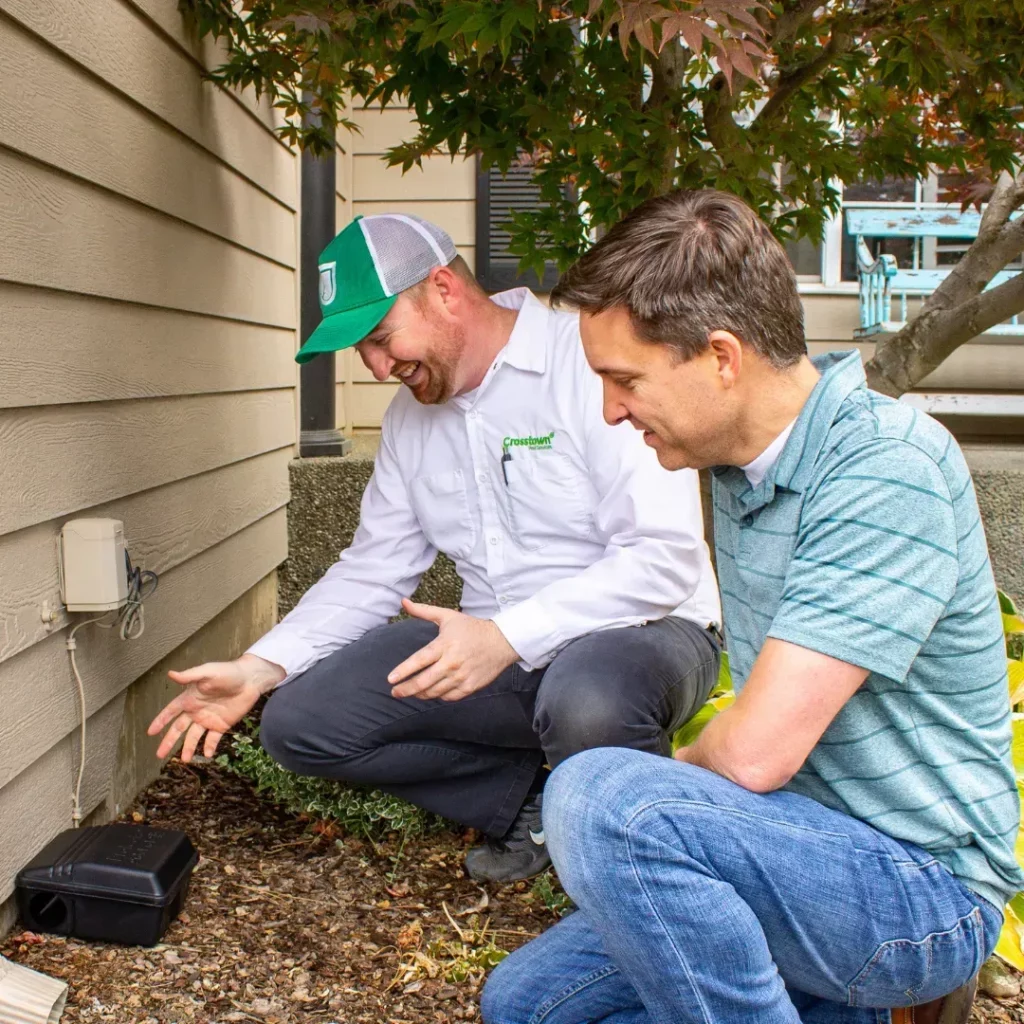Selling Short-Term or Airbnb Rental Property
Whether you are purchasing or selling short-term or Airbnb rental property, success often boils down to great seasonal timing. There are advantages to purchasing and selling throughout all times of the year.
Understanding When the Economy’s Right
Determining the ideal economic conditions to get or sell an Airbnb or VRBO rental is dependent upon your motivations. As a property manager of a short-term rental, you have a fantastic opportunity to beat the market average in a residential buyer’s marketplace –particularly in the event that you advertise your house’s cap rate and earnings potential.
Financial institutions trying to balance a dip in mortgages may opt to provide far better HELOC and house refinancing alternatives to expand their client base. Familiarizing yourself with vacation rental-specific market tendencies can help you determine whether the timing is right to purchase or sell.
Purchasing Before Peak Season
While looking for a house that is in good shape at a high-traffic geo, you need to seal the deal before peak season. You will have the chance to buy and get advance deposits on the table for bookings already on the books. As you did not have expenses generating the reservations, that is money in your pocket right at the get go. However, those “free” reservations have a price: You are not as inclined to negotiate a reduction on the purchase price.
Purchasing before peak brings the advantage of a great deal of guest revenue around the corner, but these guests are anticipating the house to come supplied for their stay. To prevent bad Airbnb reviews, attempt to buy supplied and turnkey (unless the furniture is a significant update and you’re able to get all of it into the house in time).
Selling Before Peak Season
Most buyers seeking to close before peak season wish to see bookings already recorded. Possessing a backlog of bookings provides them a revenue-driving window to become familiar with the property management business and become settled. Additionally, it provides you more discussion power.
Selling pre-peak contributes to a higher cost because you paid for those reservations and earnings set up. Since buyer demand will peak right before summit, you will probably have to pay more than simply the cost. Closing instances, closing costs, financing provisions, etc. are on the table. You are also likely to have the ability to market the house fully supplied, which can be typically at the purchaser’s best interest too.
Purchasing After Peak Season
If you are eager to get a house that needs work, it may pay to wait till guest traffic slows down. With fewer guests booking stays, you will have the time to conquer those upgrades that will boost earnings during peak season. Additionally you will not feel the exact same pressure to buy supplied as you would when purchasing before peak season.
In the majority of markets, purchasing after peak season enhances your ability to negotiate a better price. However, you’ll have to begin promoting the house fast to make certain you get maximum reservations, so the pressure is really to receive the house in rentable condition and promote to guests.
One frequently under-looked advantage to purchasing in a slow season – it’s easier for you to compare more options since there are no guests staying in them. You would be amazed just how hard it can be to find time to discover great short term rental homes since they are completely booked.
The significant advantage to selling after peak season is the property is going to have more accessibility for contractors to do work. With fewer reservations to operate around, it is possible to make any necessary repairs and updates to find the property. Reduced guest occupancy means that it will be a lot easier to upgrade your property.
Whether you are searching to purchase or sell a short term rental, timing is everything–and it is about your needs and capabilities. Choose when to sell or buy based on updates that the home may need to be guest ready and whether or not you want a turnkey solution.



